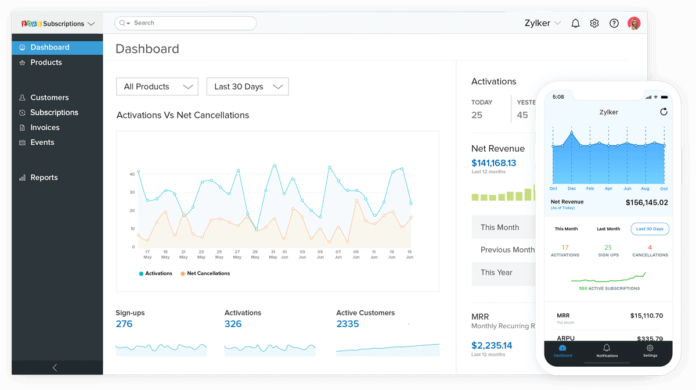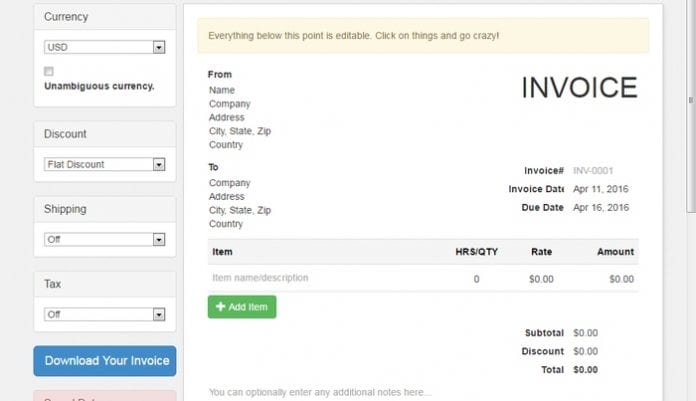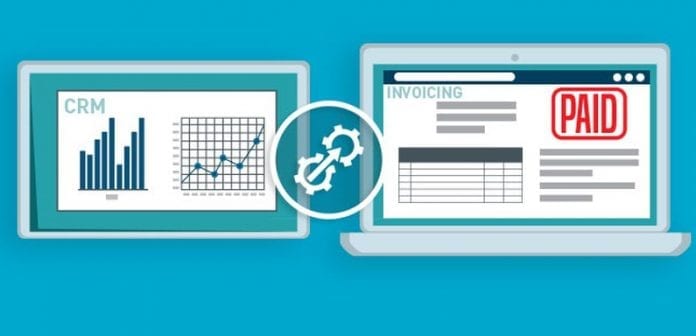Regardless of the company’s size, billing systems have become a key to a successful operation. Whether you are planning to request the current system or planning to purchase the first one, you need to invest some time in the selection process.
Enterprise billing systems come with a variety of different features, formats, and payment plans. Depending on your company’s needs, you can find the right one to handle all the necessary tasks from invoicing to reporting.
Let’s take a closer look at how to choose the best enterprise billing system for your business.

1. Consider Your Needs
The best billing system isn’t the most expensive one. It’s also not the one with dozens of features. The best system suits your needs perfectly. That’s why before trying to choose enterprise billing software, you need to evaluate your company’s requirements.
- Do you need a system to create invoices?
- Do you need a system with globalization options?
- Do you plan to integrate the system with other software?
- Do you want complex reporting features?
- How many people will be using the software?
Once you have a list of requirements, it becomes much easier to find the best system for your needs.
2. Evaluate your Budget
The variety of billing systems available on the market today is impressive. All of them come with different price tags. Depending on your budget, you can choose a customized system with a huge variety of features or settle for an average off-the-shelf solution.

When selecting the software, pay attention to the payment plan. If it’s a cloud-based option, then all you need to do is pay a monthly fee. For software that needs to be installed, you have to be ready to make a formidable upfront payment. However, you won’t need to pay anything else until you need an upgrade.
If you are on a tight budget, consider a SaaS (software as a service) solution. However, with time, you may want to switch to hosting the software on your own.
3. Features
Depending on your business needs, you can select the system with the right variety of features. A top-notch billing system should have the following options:
- Invoice creation – the billing system should be able to create unique professionally-looking invoices. Ideally, you should have an opportunity to customize these invoices according to your brand’s logo and other requirements. The software should allow you to create invoices using the information from projects, customer records, and timesheets.
- Customer records – the system should have an option to work with personal and purchase details of each customer in the database.
- Credit cards – the system should be able to process credit cards to simplify the payment process. It can also have an auto-billing credit card option to ensure timely payments from all clients.
- Templates – you don’t have to create an invoice from scratch. A top-notch billing system should have a variety of templates to help you start generating branded invoices. This is especially important for brand awareness.
- Multiple currencies – you should be able to create invoices in different currencies. This simplifies the billing process with overseas clients and eliminates errors related to currency exchange calculation.

- Tax reporting – the system should be performing tax reporting to save you hours of transferring information from one software to another.
- Globalization – besides different currencies, a system may handle multiple languages, day/time representations, time-zone differences, and the like.
Each billing system has its own collection of features. If you don’t need some of them, they are usually easy to ignore. However, if the number of unnecessary functions exceeds the number of useful features, the system can be tough to work with.
4. Specifics
Some industries require billing software to have certain features. For example, the healthcare sector may need the functionality that helps get payment from insurance companies. If your company is in one of such industries, a generic off-the-shelf billing system may not be sufficient.
Meanwhile, some enterprises face compliance issues and have to create invoices and file taxes in a special manner. For them, a generic system won’t work either.
Thankfully, according to experts from Kansys, it’s possible to find high-quality enterprise billing software for any industry. You just need to check with the provider about the necessary functionality.
5. Security
When handling sensitive information for billing purposes, you must have excellent security in place. Generally, enterprise billing system providers focus on making their products secure, especially when they are hosted on the cloud.
The system should also focus on fraud detection and prevention. An off-the-shelf billing system may not fit the company’s needs in security. You would need to determine fraud risks for your industry or business and make sure the system’s fraud prevention and detection solutions work for you.
6. Research
When trying to narrow down your choices, look at your competitors and partners. What do other enterprises in your industry use? If you can ask a partner about the pros and cons of the system they are using, this valuable information can help you make the right choice.
You should also pay special attention to reviews. In some cases, a vendor is happy to share case studies and success stories of its clients.
7. Hidden Costs

Whatever payment system the software comes with, hidden costs are possible. Before purchasing software, make sure to explore the agreement to see hidden cost opportunities. It’s possible to ask the vendor about such costs directly so they don’t come as a surprise when you start using the software.
8. Learning Curve
High-quality enterprise billing systems often come with a high learning curve. Depending on the experience your employees have with similar software, the time it takes to get a hang of using the system may differ.
If it takes a long time to adapt to, the system may cause some problems like downtime or billing mistakes during the trial period.
The Takeaway
An enterprise billing system is a highly efficient software that optimizes the billing and reporting process for many companies. To choose the right system, you need to evaluate your needs and budget, check the features, and do additional research to ensure smooth integration and operation.









